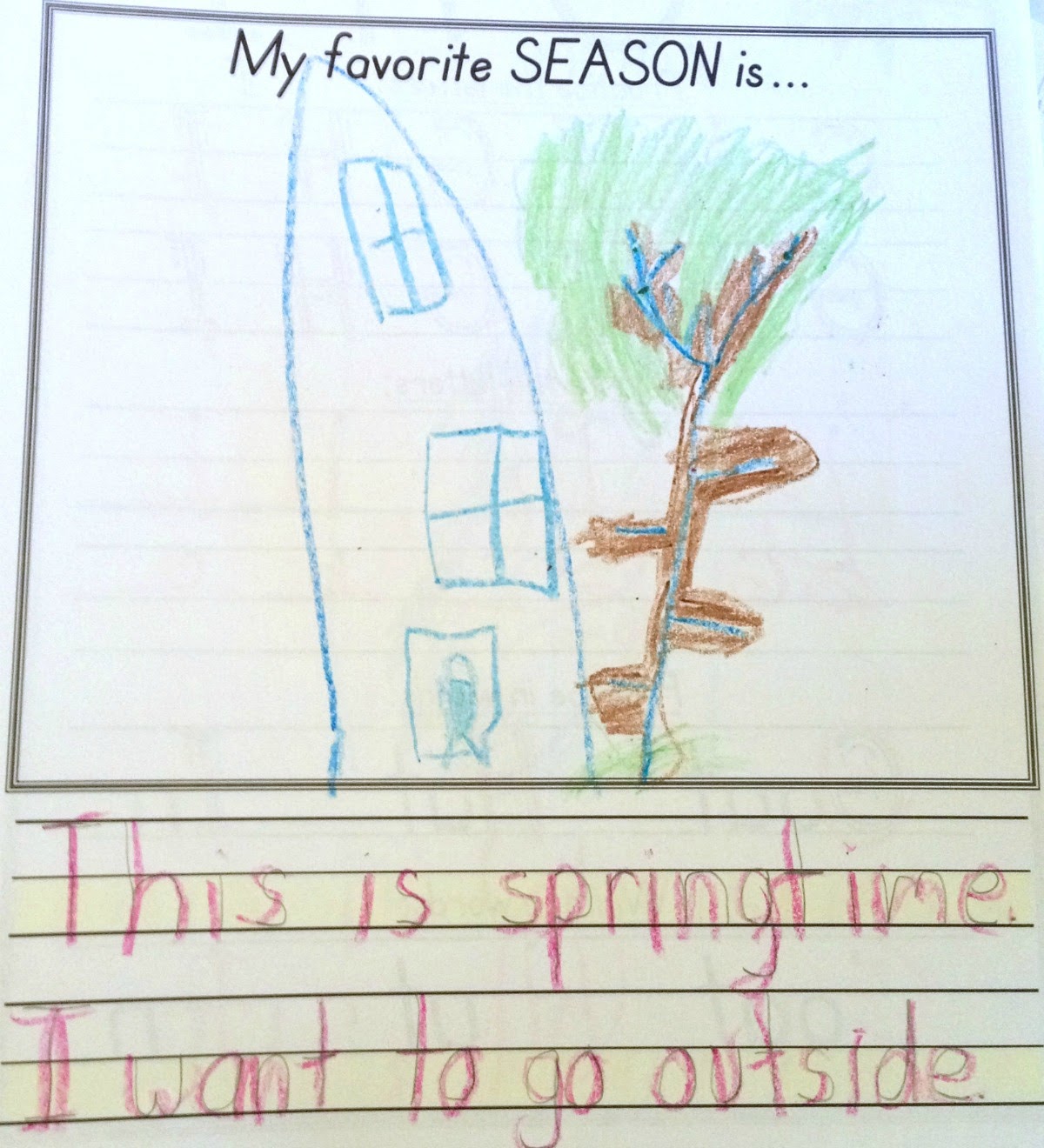

✍️ If you could create an “Earth 2.0,” what would it look like?Īnother fun creative writing prompt I like to use in class is to show students a picture and encourage them to write from the picture. ✍️ Title your story (or poem, or play, etc) “Anti-_”. ✍️ You receive a PM from an unknown entity. Pull out five items and explain the significance of them.

✍️ Look through the items in your purse, book bag, gym bag, etc. ✍️ How do you order a pizza? Wrong answers only. Then write about why someone wants to quit that career. ✍️ Brainstorm five careers you might like to have some day and choose one from your list. Tell the story of that moment from the perspective of someone else who experienced it with you. ✍️ Think of one of the happiest moments in your life. Here are some writers journal prompts I love to use in my classroom: The student writer feels a connection to the prompt and just can’t get their ideas on paper fast enough. One way to do that is through creative writing prompts.Ī good creative writing prompt gets students thinking outside of the box but also is uniquely tethered to the writer in some way. We can create readiness for all of this while also honoring students’ voices. In high school writing a large emphasis is often placed on “test” or “college” readiness and so choice is often cast aside in favor of teacher directed essays and activities intended to mirror writing expected on state assessments, college entrance exams, and collegiate level research based writing. Students do their best writing when they choose their own writers journal prompts, the genre or design, and have an audience in mind.

Years ago, when I first read that quote from Graves, I thought, “Whoa! Teaching writing once or twice a week! Who has that kind of time?! And even then, that’s not enough?!” Ideas for WritingĪccording to literacy education pioneer Don Graves, “Writing taught once or twice a week is just frequent enough to remind students that they can’t write and teachers that they can’t teach.” One thing that has helped me support my writers, regardless of their skill, ability, and confidence levels is a structured writing routine using journal prompts. This makes it really tricky to meet students where they are to fill in learning gaps and help them reach new heights. By the time our students arrive in our classrooms they have already developed so many skills, habits, and opinions related to writing and they’re all at such varying ability levels. I think most of us would agree that teaching writing can be really challenging, especially at the high school level. I’m excited to share with you how writers journal prompts have become a key to success in my classroom.


 0 kommentar(er)
0 kommentar(er)
